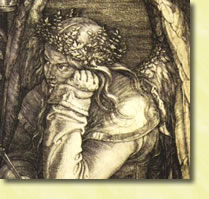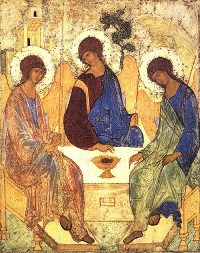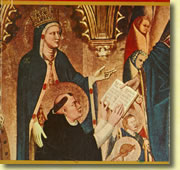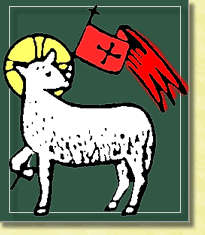I first encountered the problem of “inclusive language” when I was working on my doctorate quite awhile ago. The University of Notre Dame Theology Department had a policy that all written work had to use “inclusive language.” At least one of the faculty members interpreted this to mean that one could not use male language in reference to deity, and would penalize students a full grade for doing so. I encountered a real problem when I wrote my dissertation and had to decide how to translate homo (the Latin word for “human being”). Latin does not normally use pronouns, but English does. In translating Latin “homo,” should I use “man” or “human being”? Which pronoun should I use when an English translation of a Latin verb referring to the action of “homo” needed a pronoun — “he”? “He or she?” “They?”
I think the problem is less acute these days. However, if we write papers or give sermons, we still have to ask the question of how properly to refer to God and to human beings. Do we call God “she”? If God is “Father” is God also “Mother”? Do we use “man” when referring to human beings? Why or why not? Following are some short reflections:
(more…)









